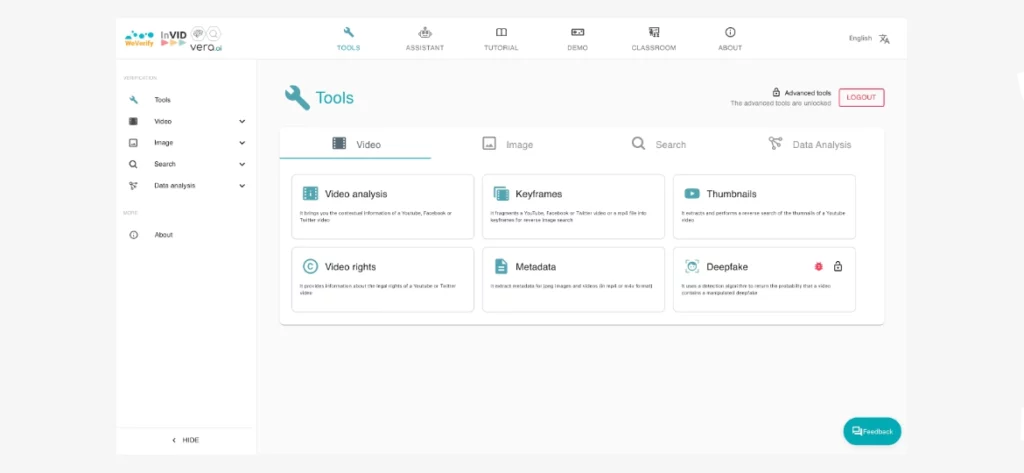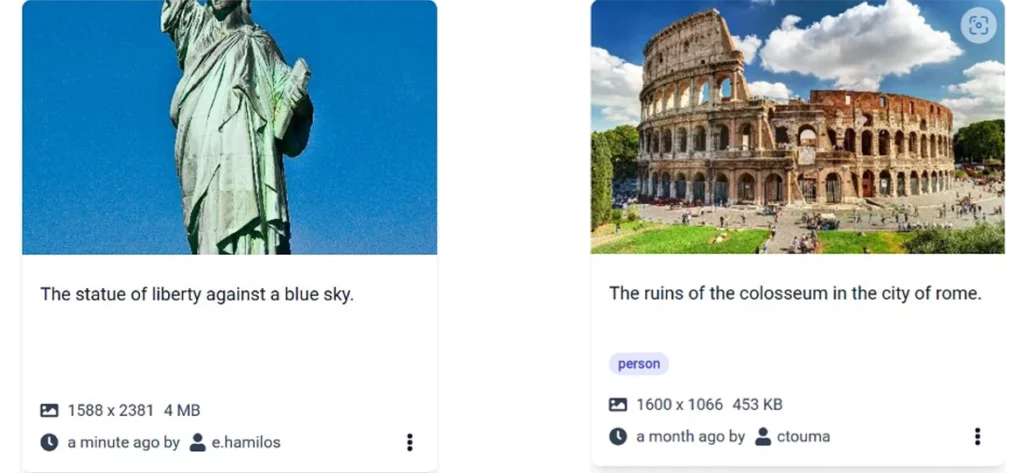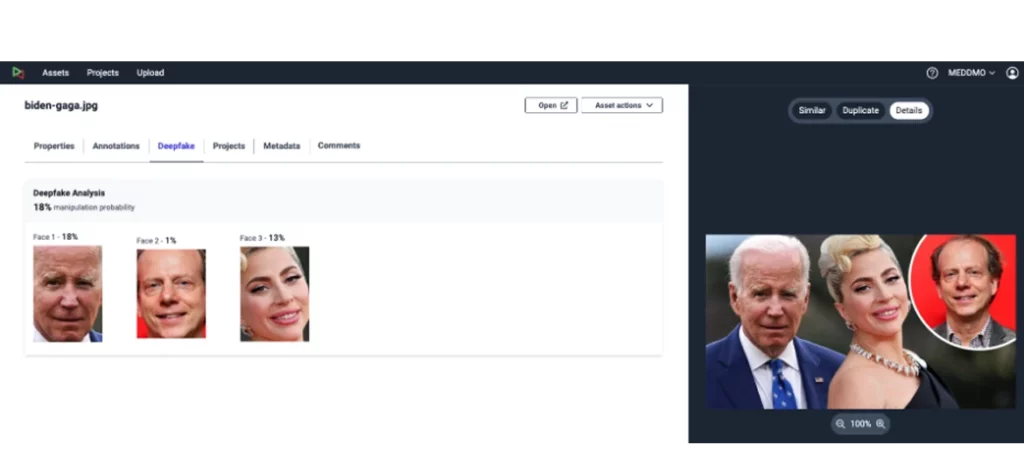The Fake News Debunker toolkit (or verification plug-in) has been developed in previous EU-funded projects, namely InVID (2016-2018) and WeVerify (2018-2021). It is now maintained and enhanced in the vera.ai project (2022-2025).
No less than 20 tools for video and image verification, search and data analysis are presently supporting the work of more than 97,5 thousand active users per week (120 thousand active users per month) in 224 countries, at the time of writing (May 2023).
The toolkit has attracted a large community of users such as fact-checkers and journalists, researchers, academics, media scholars teaching media literacy, OSINT investigators, law and enforcement agencies, NGOs, etc…).
Designed as a kind of multi-purpose “Swiss army knife for verification” by fact-checkers for fact-checkers, in 2021 the browser extension won the 1st prize in the US Paris Tech Challenge awarded by the Global Engagement Centre of the US State Department and the Digital Forensic Lab of the Atlantic Council. The team behind the services came first in a worldwide competition in which about 40 teams participated.
The “Fake News Debunker” (aka verification plug-in or browser extension), coined by the Poynter Institute as “one of the most powerful tools for spotting misinformation online” has also been widely used during the highly disputed 2020 US presidential election to debunk disinformation, and more recently during the Russian invasion of Ukraine and many other events the world over.
Several verification plug-in features like keyframe fragmentation or OCR (Object Character Recognition) are already based on AI technology. They will be further enhanced in the course of the vera.ai project work.
Let us take a closer look at those AI-related tools::
The keyframe fragmentation service allows you to fragment a video into meaningful keyframes for each sub-shot to facilitate image similarity search and retrieval of information. This shows you whether the same or a similar video has been previously indexed by some of the seven reverse image search engines that are incorporated into the tool.
The OCR service, in turn, allows for retrieving text within images, helping users make sense of images spreading on social networks. This can be used to either locate events or to understand (through automated translation) what the event is about.
The vera.ai project consortium also plans to add more new AI-based tools to the toolkit, such as a deepfake detection service, audio forensics, improved image forensics, better archiving of disinformation as well as disinformation detection and enhanced social network analysis, and an improved Database of Known Fakes (DBKF).
On of the last enhancements has been to add video mp4 export on our CheckGIF and Forensics features in order to feed video fact-checking and to respond more quickly to disinformation on social networks thanks to the generated standalone debunk objects (in GIF or mp4 video).
Launched initially in 2017, the Fake News Debunker or verification plug-in has been designed and maintained by AFP Medialab since its launch, with the active support of all project partners past and present, namely scientific as well as media partners who are developing and providing innovative services and play an active role in co-development e.g. through requirements assessment and user testing or software evaluations.
*****
The plug-in works with all Chrome-based browsers (Chrome, Chromium, Edge, Opera, Brave) as a so-called browser extension. To get your version, download it from the Chrome store and start verifying right away.
The plug-in is currently available in English, French, Spanish, Greek and soon in Arabic, Armenian and Italian.





